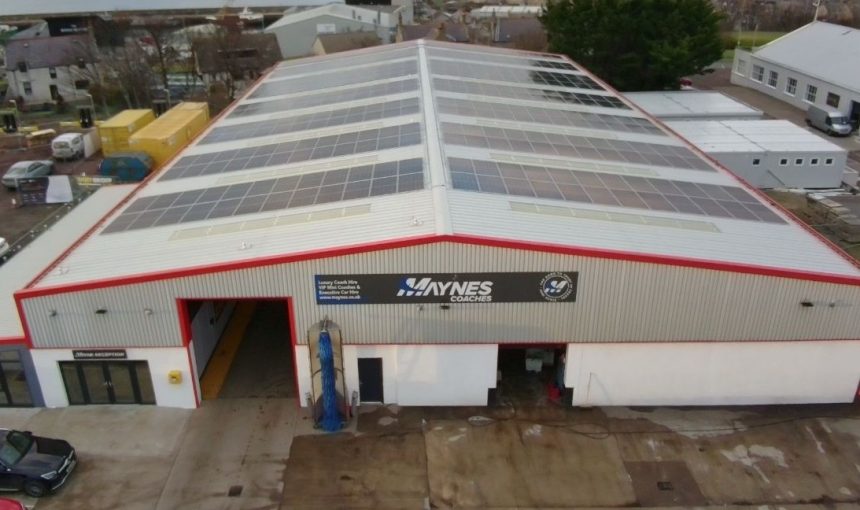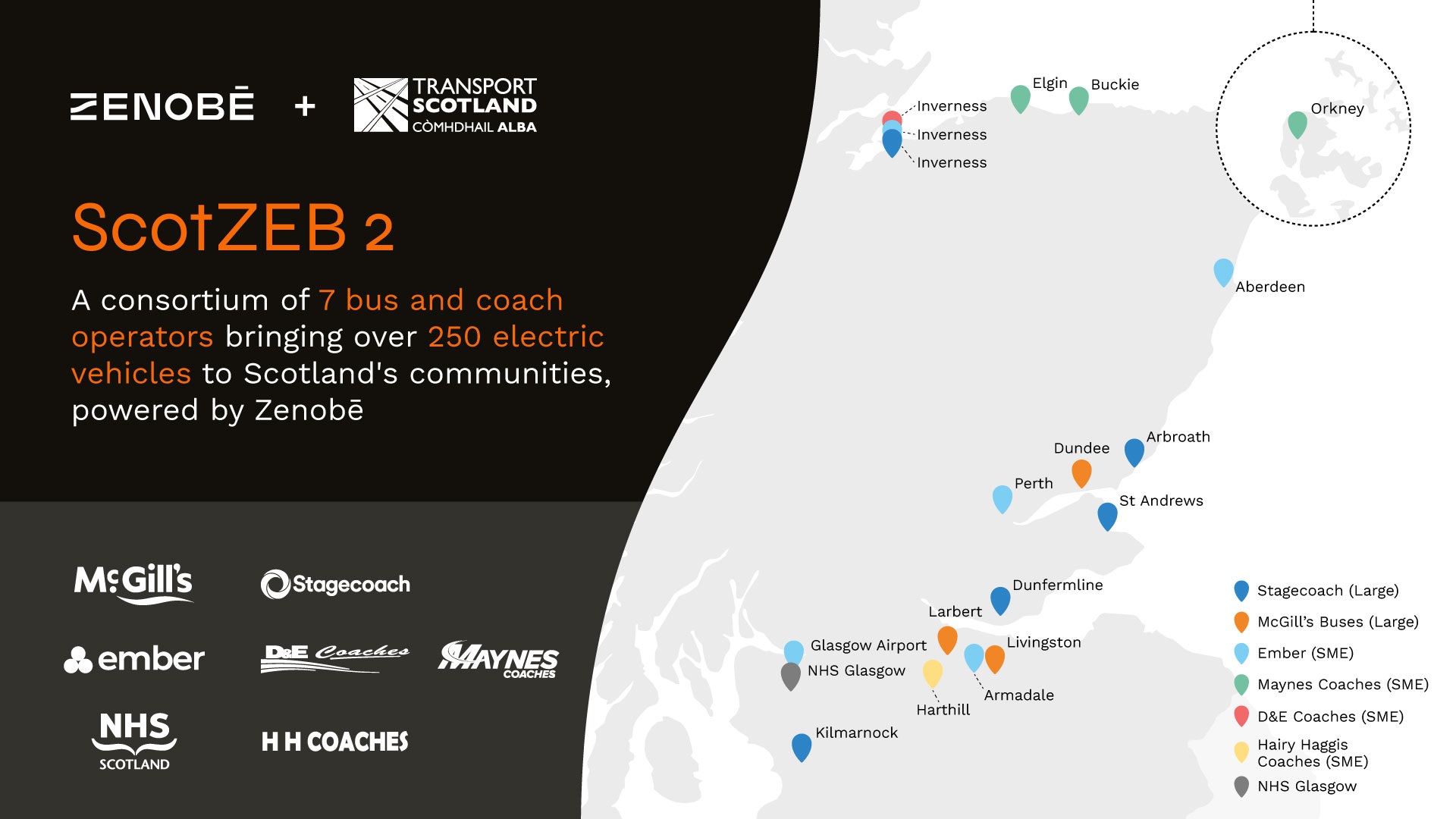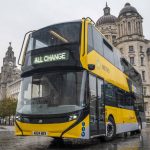Welcome back to Switched On, a series of articles that highlight stories, insights and projects from Zenobē’s operator partners in the UK.
In July 2024, a Zenobē-led consortium of seven small to medium enterprise (SME), mid-market and major coach and bus operators was awarded £41.7 million in funding from the second round of the Scottish Zero Emission Bus (ScotZEB2) challenge fund. The goal: Rollout of 252 zero-emission vehicles and associated charging infrastructure in Scotland.
The funding, administered by Zenobē among the consortium members, will expand the current number of e-buses in the nation by 40% by the end of 2026.
Eight months on from the initial announcement, we spoke to Kevin Mayne, Operations Director of Maynes Coaches and one of the beneficiaries of the funding, to share his reflections on the ScotZEB2 experience so far and its importance for accelerating the rollout of electric coaches.
As always, if you have any questions, get in touch, or sign up to receive our quarterly newsletter here.
Steven Meersman Co-Founder and Director, Zenobē.
*We spoke to Kevin from the family-run company’s depot in Buckie, on the Moray Firth coast of northern Scotland.
ScotZEB2 shift led by coach industry engagement
To start, Kevin takes us back to 2021 and a coach industry that was still reeling from the effects of COVID restrictions on travel. Although the pandemic was overall extremely challenging for the sector, it led to one positive outcome: A higher profile with policymakers.
“During COVID there was a lot of dialogue between the coach industry and the Scottish Government, and it opened a door for us with Transport Scotland,” says Kevin.
“We discussed how the coach industry should have been included in the first round of ScotZEB funding. We showed evidence of how important coaching is to Scottish industry and the environmental impact of coach electrification.
“When the terms for ScotZEB2 funding came out and included coaches in the wording, we developed a case study to demonstrate that as a business, we could run 1.4 million zero-emission kilometres in our local authority area alone, and could comfortably provide zero-emission long-distance services to Edinburgh and Glasgow.”
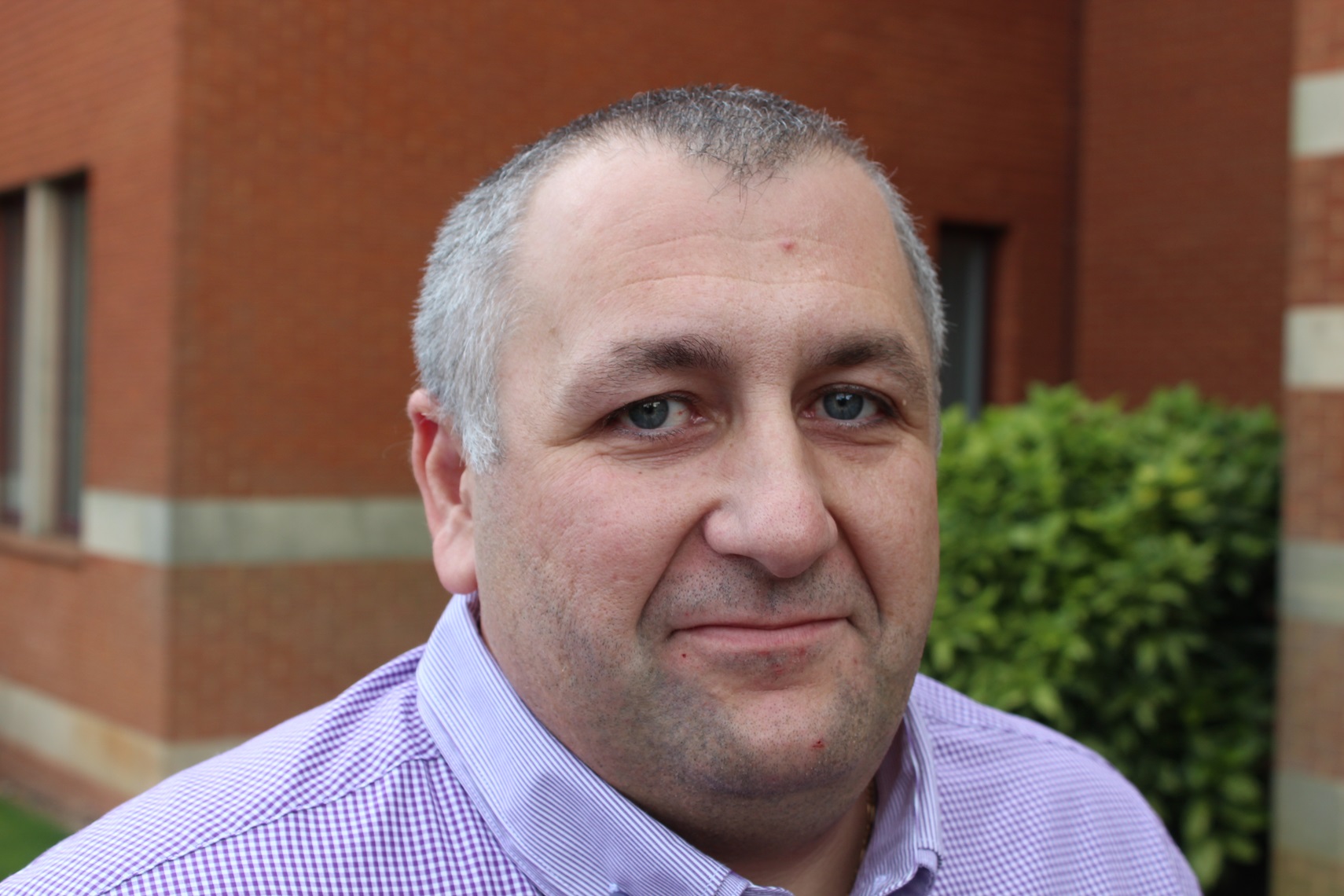
Joined up approach is the key to success
With the data – provided by BluMarbl – showing that coach electrification was viable, Kevin worked with Zenobē to confirm details of Maynes’ electrification project, which then formed a crucial part of the bid.
He also played a valuable role in raising the profile of the consortium with other coach operators in Scotland. Given the daily mileage of the average coach, shared charging infrastructure will be essential to electrification in the short- to medium-term.
That was a feature of the bid: “If you look at a map of Scotland, we as a group of seven coach and bus operators are effectively creating a Scottish network of shared charging infrastructure,” Kevin explains.
“We will work closely to share the infrastructure and help one another. We all had the same idea – it was a good, sensible approach to setting up the consortium.”
Kevin is positive that the shared charging approach will provide opportunities for all involved in the consortium and beyond. “Once fully in operation, it is going to be quite good for everyone to discuss [their experiences] and share information. It is good that shared charging has been included within the consortium approach.”
ScotZEB2 ambition becomes reality for coach
“With ScotZEB2, we will deliver the most northerly zero-emission coach fleet in the UK,” Kevin continues. “We have charging infrastructure going in here at our depot in Buckie as well as our Elgin and Orkney depots.”
Works are currently ongoing at Buckie, where Zenobē’s delivery team is installing five Zerova chargers to support 10 Yutong TCe12 battery-electric coaches and two EVM battery-electric minicoaches.
In the interest of futureproofing the site and reducing operating costs, Kevin has also integrated 170kW solar PV into the depot to support vehicle charging. “The whole roof of the garage now has solar panels,” he notes. “We hope it will help to take the power bill down.”
In addition to building and financing the infrastructure, Zenobē will finance the new electric vehicles. That removes one of the highest barriers that operators face when transitioning to electric.
As Kevin identifies: “You can buy a diesel coach for £200,000, but a zero-emission example might start from £325,000. If you are buying a fleet of 10 coaches, that is a £1.4 million difference.”
Zenobē’s financing, used to augment ScotZEB2 funding, means that Kevin need not worry about that differential and can instead focus on running – and growing – his business.
This is not an opportunity afforded equally across the UK. “The Scottish Government understood the need for coaches to be included in ScotZEB2 and to give coach operators access to funding,” Kevin adds. “It is a pity that our coaching cousins in England have not been given that same opportunity.”
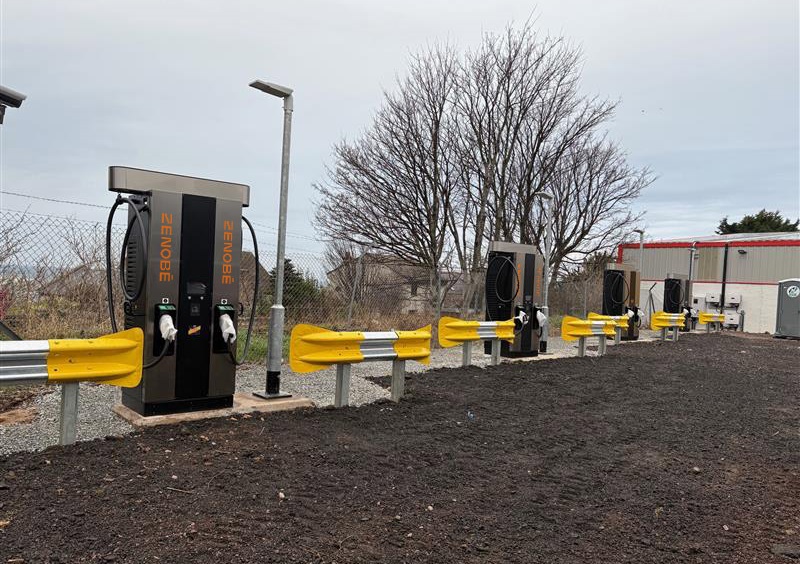
Electrification proving its worth
While looking ahead at what is to come, Kevin also reflects on 78 years of coaching history and why the transition to electric is essential for Maynes to maintain its position in the industry.
“My brother and I are generation four of Maynes Coaches,” he says. “We are simply custodians of the business, and as we hand it over to the next generation, we have to make sure we hand it over safely.
“With ScotZEB2 funding and putting in zero-emission charging, I firmly believe that it is the right path for our family business. We are not in London, we are not in a major city – we are in northern Scotland with some of the harshest winters and wildest conditions, but we had the TCe12 demonstrator here and it proved its worth.”
There are four ScotZEB2 electrification projects in late-stage construction throughout Scotland, with the first of those due to go live in February 2025.
If you are interested in sharing the infrastructure made available through ScotZEB2, please email contact@zenobe.com and we will put you in direct contact with the relevant operator(s).





















